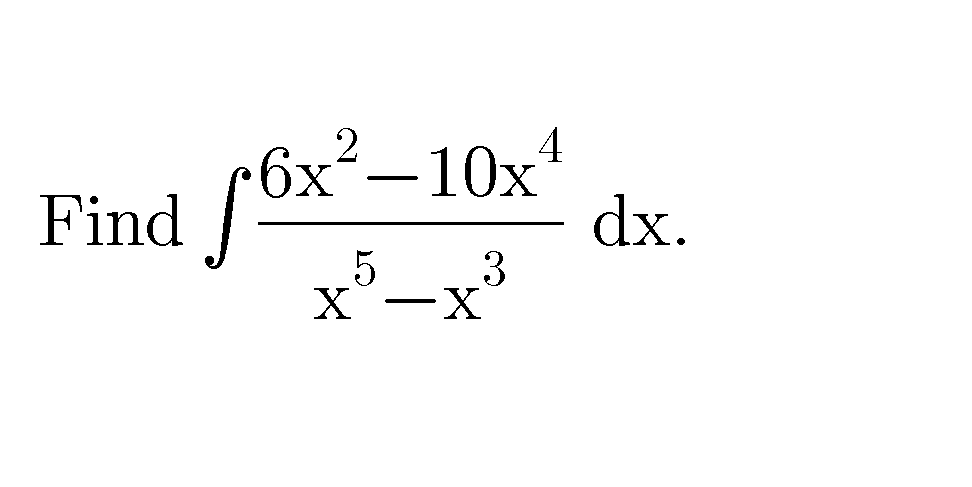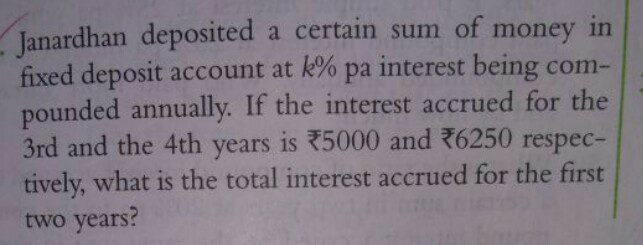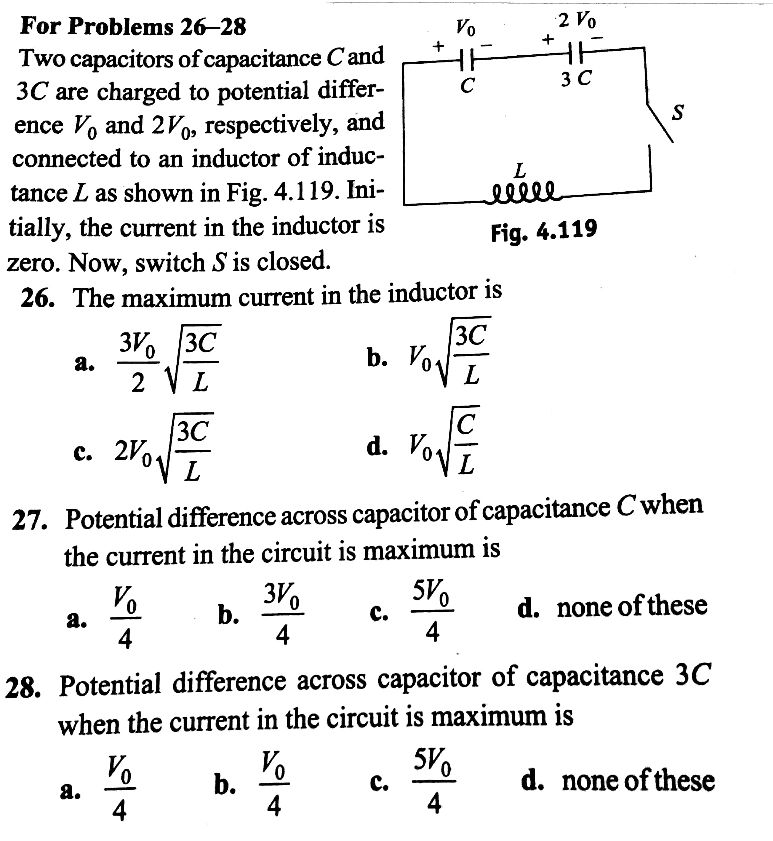
AllQuestion and Answers: Page 1681
Question Number 40984 Answers: 0 Comments: 1
Question Number 40975 Answers: 2 Comments: 0

Question Number 40974 Answers: 0 Comments: 0
Question Number 40965 Answers: 1 Comments: 0

Question Number 40961 Answers: 1 Comments: 0

Question Number 40960 Answers: 0 Comments: 1

Question Number 40952 Answers: 0 Comments: 1

Question Number 40948 Answers: 2 Comments: 1

Question Number 40939 Answers: 0 Comments: 1

Question Number 40930 Answers: 0 Comments: 1

Question Number 40928 Answers: 1 Comments: 0

Question Number 40920 Answers: 1 Comments: 0
Question Number 40918 Answers: 1 Comments: 0

Question Number 40917 Answers: 1 Comments: 0

Question Number 40911 Answers: 0 Comments: 7

Question Number 40910 Answers: 1 Comments: 0

Question Number 40906 Answers: 2 Comments: 1
Question Number 40898 Answers: 2 Comments: 1
Question Number 40897 Answers: 0 Comments: 1
Question Number 40896 Answers: 0 Comments: 0
Question Number 40895 Answers: 0 Comments: 0
Question Number 40893 Answers: 0 Comments: 0
Question Number 40892 Answers: 0 Comments: 0
Question Number 40891 Answers: 0 Comments: 1
Question Number 40890 Answers: 0 Comments: 2
Question Number 40889 Answers: 1 Comments: 0
Pg 1676 Pg 1677 Pg 1678 Pg 1679 Pg 1680 Pg 1681 Pg 1682 Pg 1683 Pg 1684 Pg 1685
